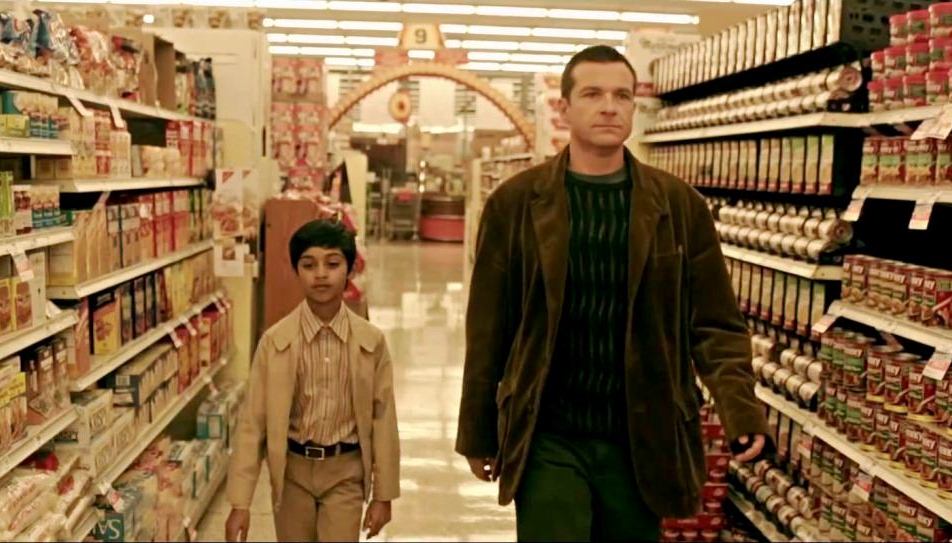
Quick q before we get started:
Do you think it’s funny to freak out a 13-year-old girl by putting ketchup on her seat and congratulating her for getting her first period?
If you answered, yes, you’re probably going to like Bad Words.
If you’re like me and you answered no, you might find it a bit problematic.
Okay, I’d be lying if I said that Jason Bateman’s directorial debut didn’t make me laugh a bunch of times, because it did. We all have different thresholds for offensive humor. Mine might be different from yours. But I tend to think that when you wield this kind of nasty humor, it needs to be in the service of some sort of meaningful or satisfying whole. And I’m not sure Bad Words quite passes that test.
The premise is amusing: Bateman plays Guy Trilby, a 40-year-old man who, thanks to a technicality (he never graduated 8th grade), is able to compete in a series of spelling bees, leading up to the televised nationals.
Guy, as it turns out, is a genius—with a photographic memory. He’s a natural. Still, he takes pleasure in playing mind games with his competition, mocking one contestant for being fat (sigh) and implying that he slept with another one’s mother (double sigh).
What’s his damage? Well, that’s the mystery of the film, as sussed out by Guy’s travelling companion (and occasional, joyless lover), reporter Jenny Widgeon (rising star Kathryn Hahn, who will recover from this).
The film’s most conventional storyline involves one of Guy’s competitors, a cherubic and impossibly chipper 12-year-old boy named Chaitanya Chopra (Rohan Chand), who immediately gloms onto Guy and wants to be his best friend. (If you think the film doesn’t trot out every “spicy curry” and “Deepok Chopra” joke under the sun, you haven’t been paying attention.)
Eventually, inevitably, Guy takes Chaitanya on a raucous night out on the town that involves over-eating, shoplifting, joyriding, drinking, and the hiring of a prostitute in an alley so that Chaitanya can see his first set of boobies up close.
I’m not going to be so uptight as to be offended by all of this, so instead I’ll focus on Guy’s character, which is muddled at best. Is he a bitter, joyless middle-aged man, or a fun-loving overgrown man-child? The film isn’t sure, so it goes with both, whenever it’s convenient to the story.
Yes, the mystery of Guy’s obsession with spelling bees is solved, in an easy-to-predict way. But it still sheds little insight into his character. In the end, I didn’t care about Guy or, more importantly, believe in him. As a result, the bad jokes lingered with me more than the good ones.
